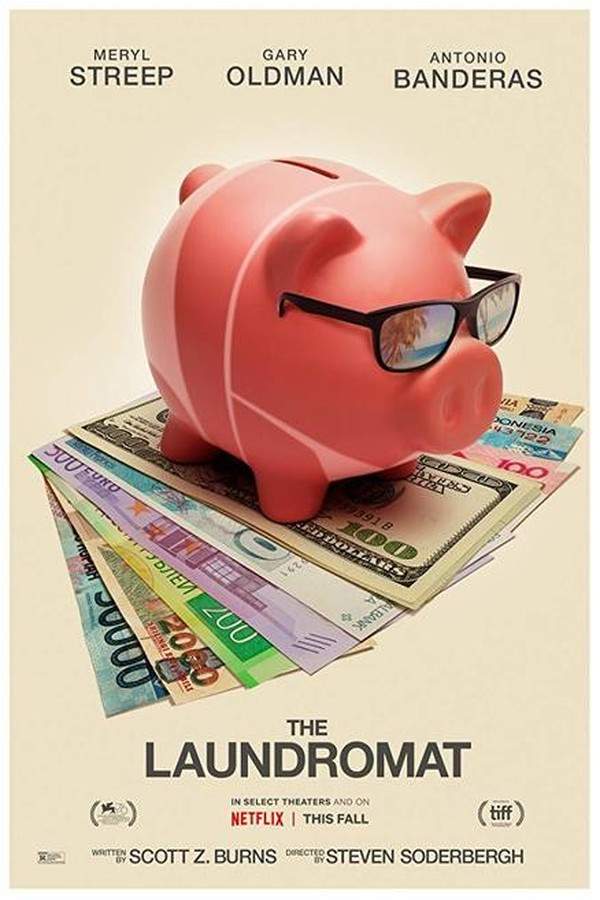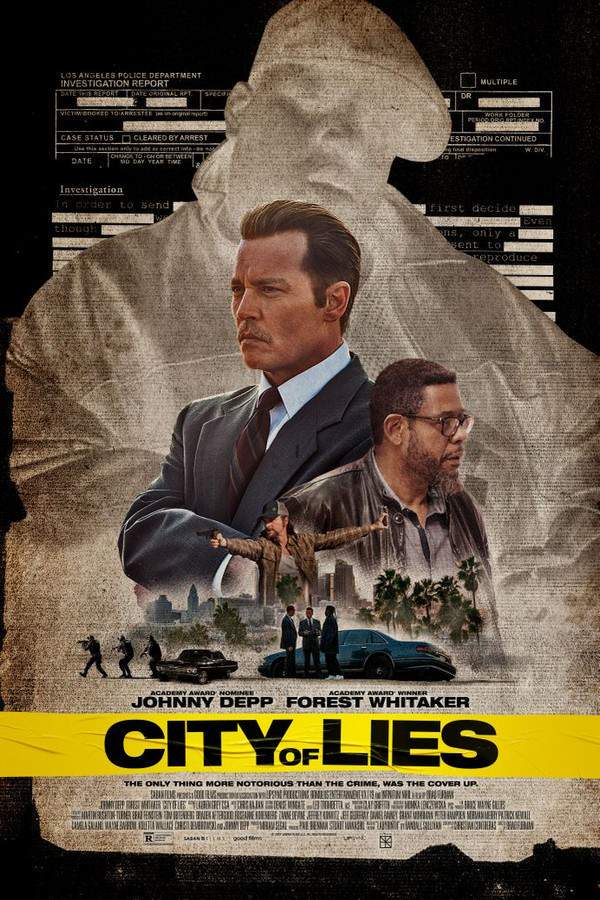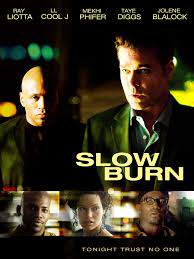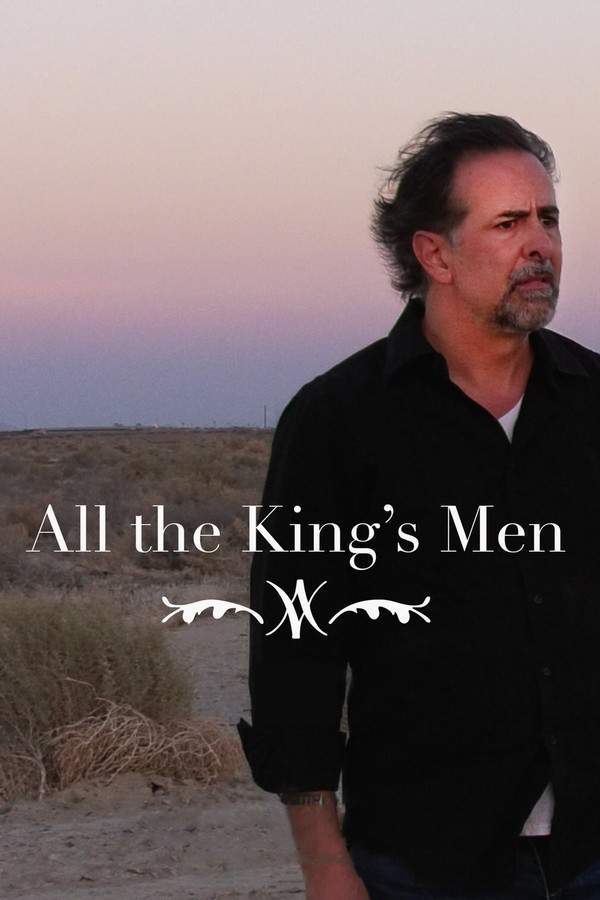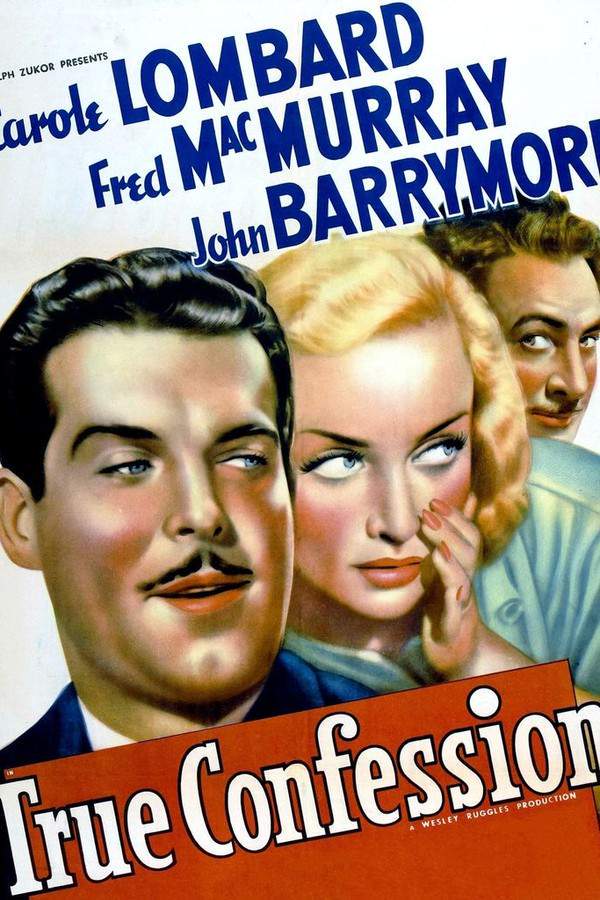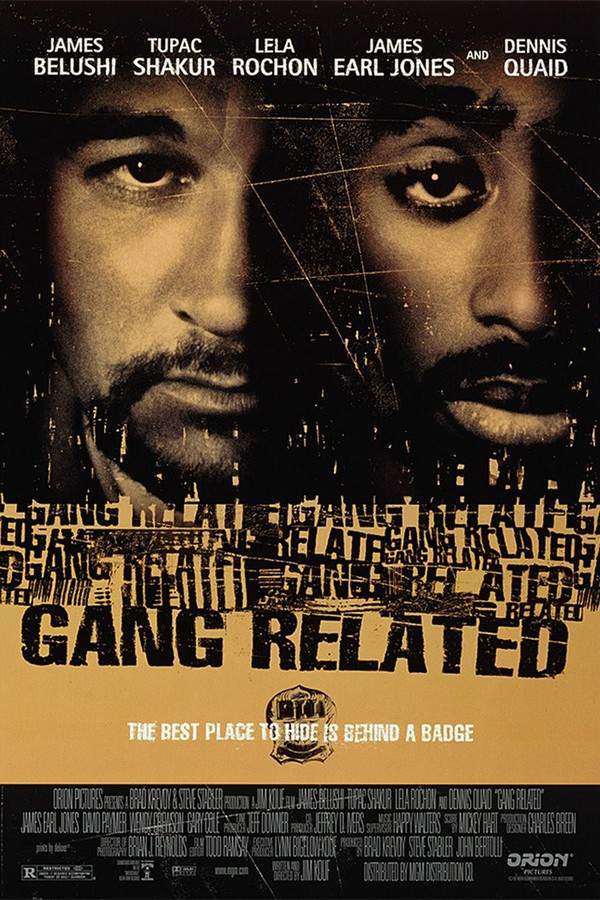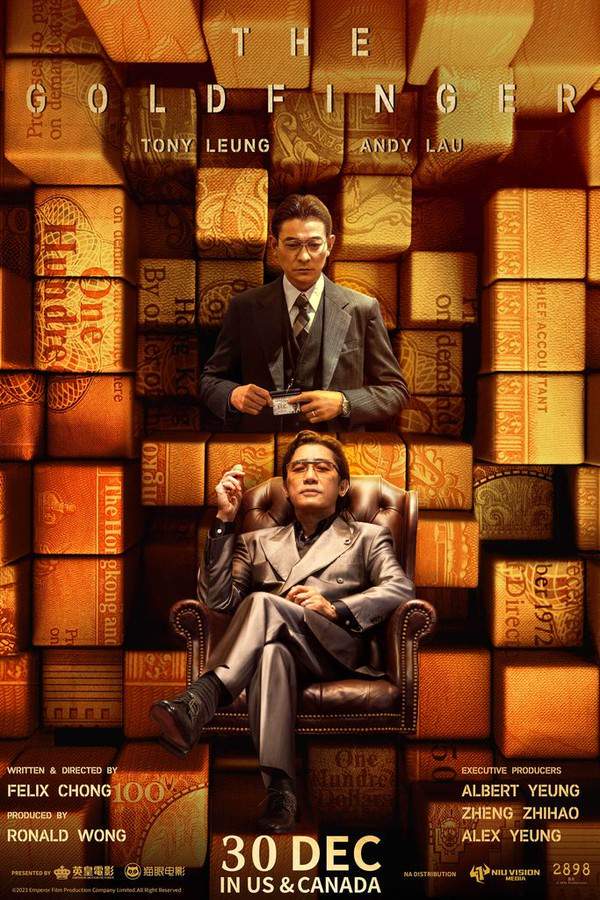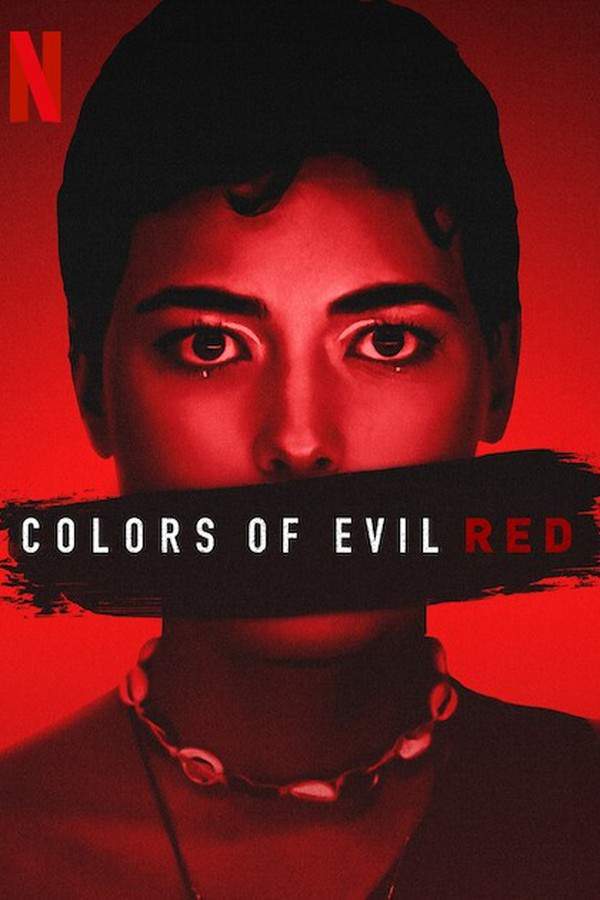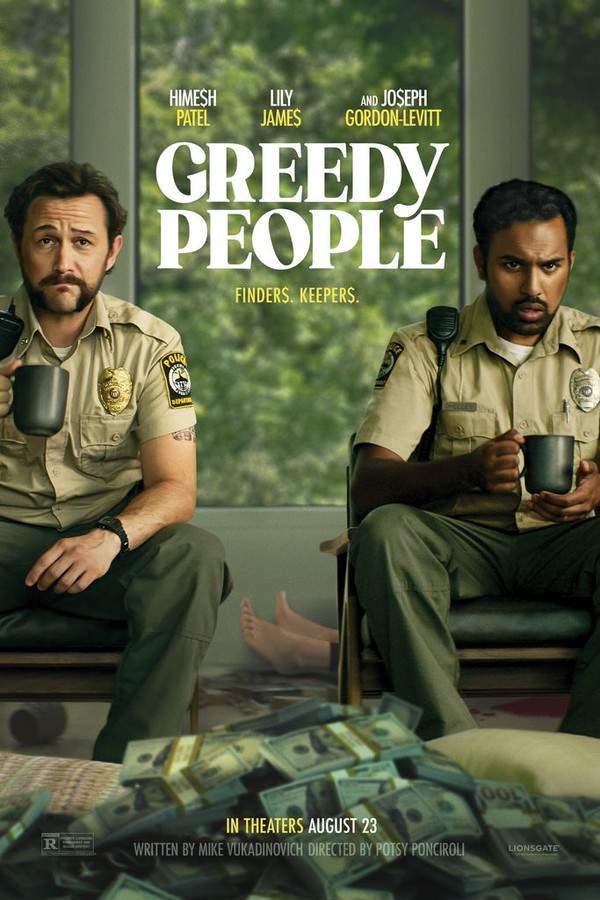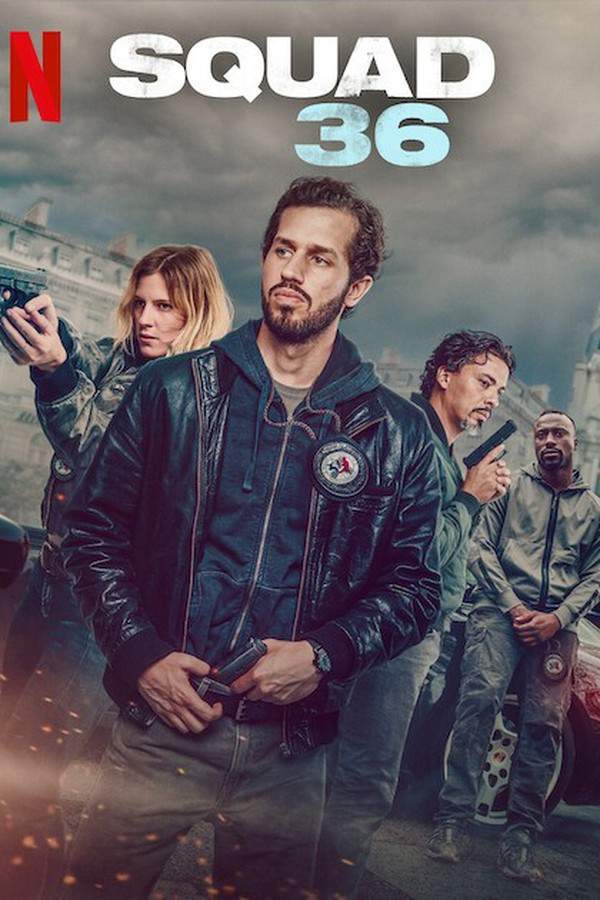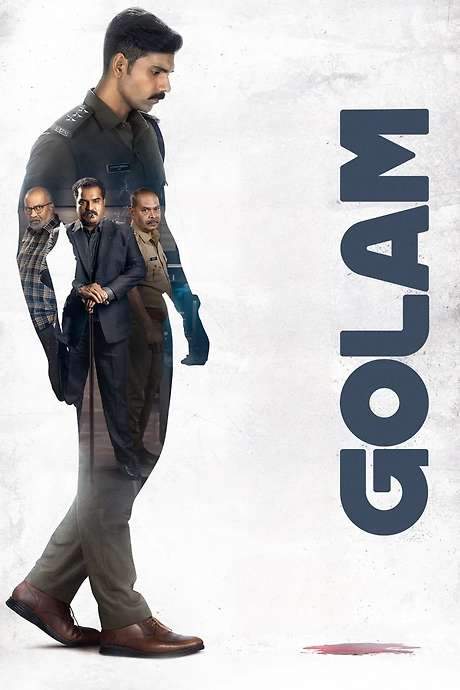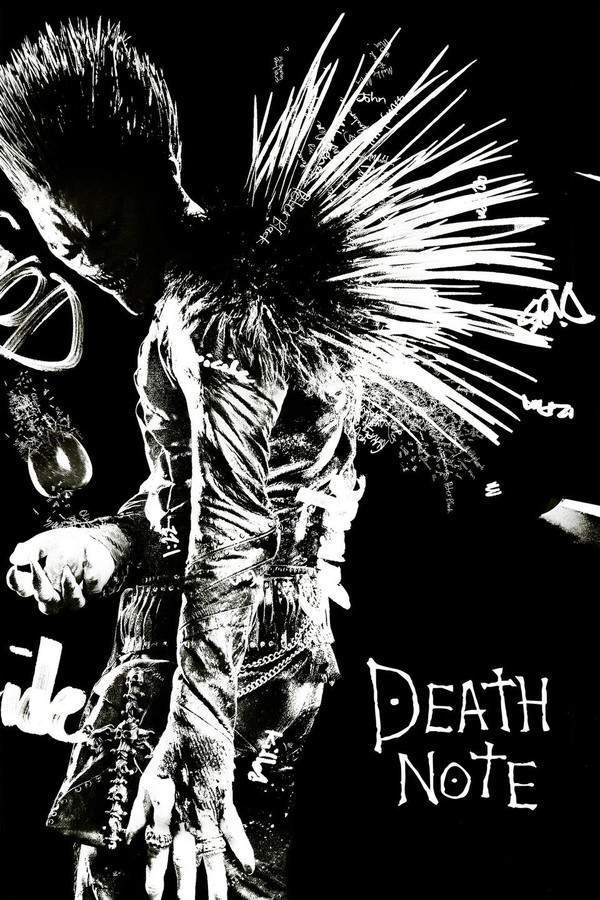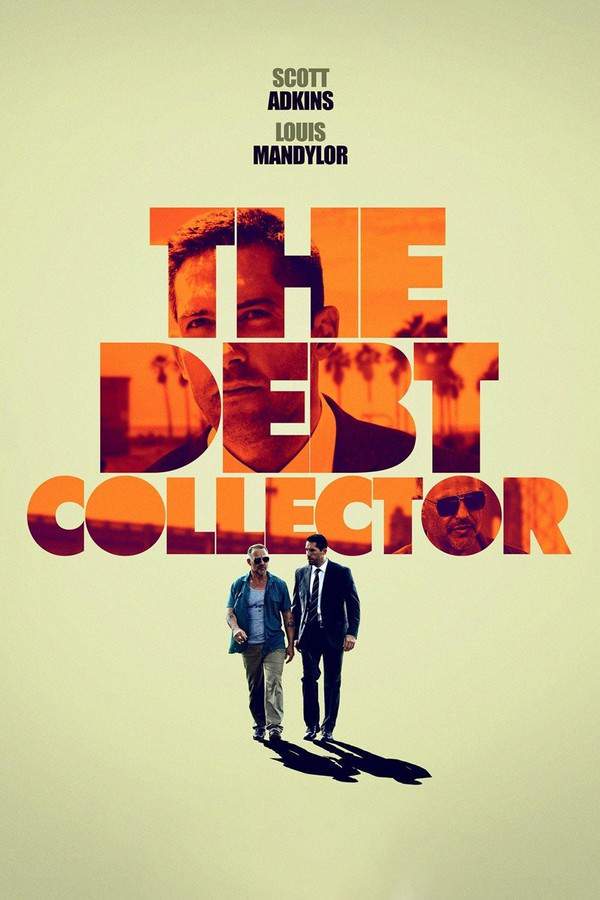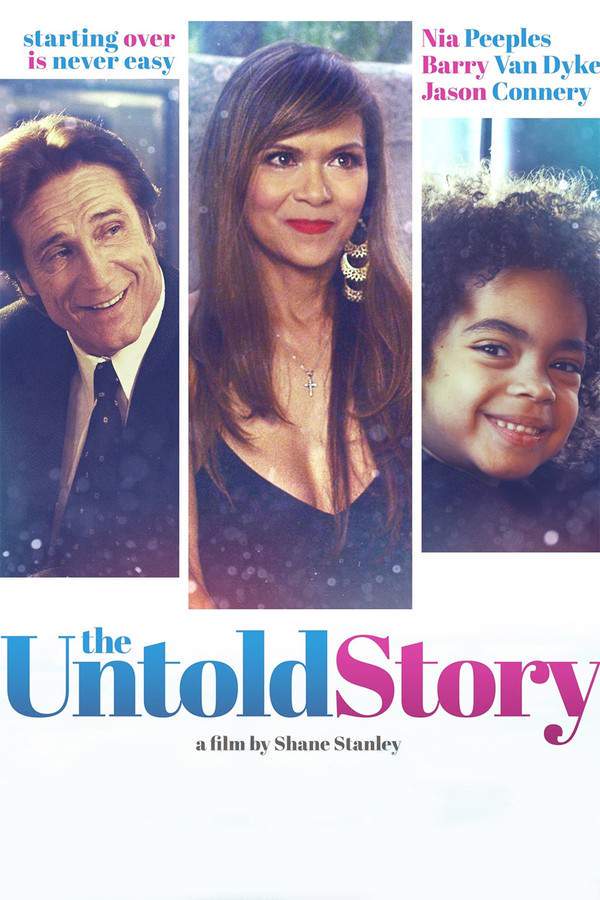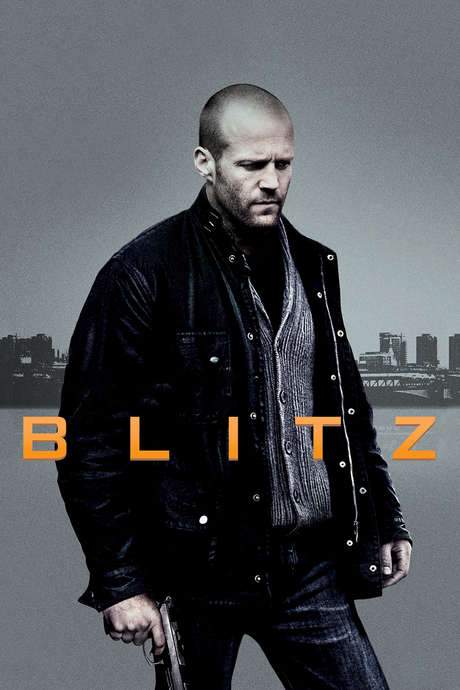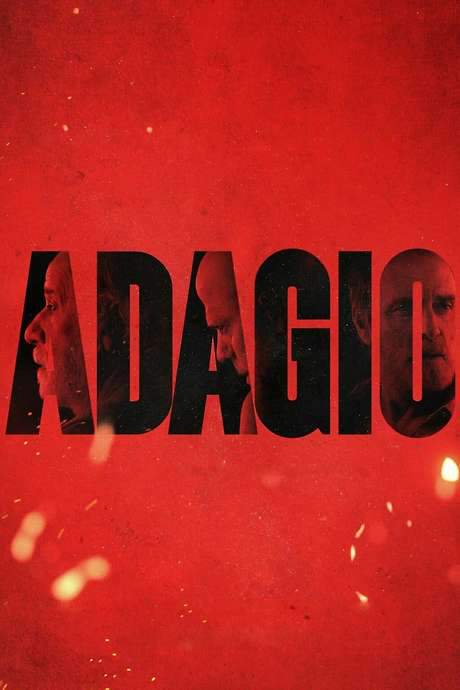
The Unjust
Year: 2010
Runtime: 119 mins
Language: Korean
Director: Ryoo Seung-wan
Justice is a deal. A principled police officer is pressured to abandon his ethics when his superiors demand he frame a convenient scapegoat for a high‑profile serial‑killer investigation, promising him a major promotion in return. He must weigh his career ambition against his conscience.
Warning: spoilers below!
Haven’t seen The Unjust yet? This summary contains major spoilers. Bookmark the page, watch the movie, and come back for the full breakdown. If you're ready, scroll on and relive the story!
The Unjust (2010) – Full Plot Summary & Ending Explained
Read the complete plot breakdown of The Unjust (2010), including all key story events, major twists, and the ending explained in detail. Discover what really happened—and what it all means.
After the rape and murder of five elementary schoolgirls shocks the nation, a fleeing suspect is shot by the police, creating a wave of negative publicity as guilt cannot be proven and the real attacker may still be at large. Under intense pressure from the Blue House, a senior police official assigns Choi Cheol-gi [Hwang Jung-min] to a highly sensitive mission: to find a former child rapist who can take the blame. In return, Choi is promised a promotion and the dismissal of an internal investigation sparked by his brother-in-law taking money from Jang Seok-gu [Yoo Hai-jin], a corrupt businessman. As the case unfolds, the intertwining web of corruption and cover-ups sets a grim tone for what follows, testing loyalties within the force and exposing how high the stakes can be when power is on the line.
Choi combs through profiles of rapists and settles on Lee Dong-seok [Woo Jung-kook], a school-bus driver, convincing him to participate in a carefully staged confession. He enlists Jang Seok-gu and his henchmen to kidnap Lee and coach him on how the confession should be delivered. Meanwhile, Jang launches a calculated blackmail scheme by taking photographs of Kim Yang-su [Jo Young-jin] and Joo Yang [Ryoo Seung-bum] playing golf, then dispatching a henchman to approach Kim and murder him. The incriminating photographs are mailed to Joo to ensure that Jang will never be prosecuted. At the police station, Lee is denied immunity from the death penalty, refuses the deal, and instead tells Joo the truth. In response, Jang sends an earlier henchman to arrest and murder Lee from within the jail, further entangling the conspirators. Joo grows increasingly furious as he uncovers Choi’s possible collusion, prompting him to press for answers with the aid of a corrupt journalist, and a tense, uneasy truce forms between Choi and Joo.
Tensions escalate as Jang, tired of being blackmailed by Choi, holds onto recordings of Lee’s coaching and uses them to threaten Choi. In a bid to silence the threat, Choi murders Jang in a rigged elevator and pretends to reach a peace with Jang’s assistant before killing him as well. The brutal act is witnessed by Choi’s lieutenant, who struggles to intervene; in the ensuing scuffle, Choi inadvertently kills the lieutenant and then tries to cover the crime by stabbing the body so it appears the two men killed each other. Despite the turnover of power and the celebration of a promotion for Choi, suspicions simmer within the force. Choi’s subordinates quietly nab another one of Jang’s henchmen who served as Jang’s videographer and who captured Jang’s death and the ensuing fight, hoping to preserve a sliver of truth.
In a cruel twist of forensic science, DNA testing confirms that Lee is the real attacker, unraveling the elaborate scheme. Yet the subordinates leak the coaching video to expose Choi’s connection with Jang, complicating the case further. They also order Jang’s henchman to ambush Choi at a charnel house and murder him in revenge. The final act reveals that they also released the golf photographs, and though the media initially suggests charges will be filed, Joo Yang’s father-in-law steps in, offering a calm reassurance that everything will be all right for now. The film closes on a note of moral ambiguity, underscoring how power, corruption, and deception shape outcomes even when truth might emerge from the wreckage.
Last Updated: October 09, 2025 at 16:57
Explore Movie Threads
Discover curated groups of movies connected by mood, themes, and story style. Browse collections built around emotion, atmosphere, and narrative focus to easily find films that match what you feel like watching right now.
Movies about institutional corruption like The Unjust
Stories where the system is the real villain, forcing ethical compromises.If you liked the systemic decay in The Unjust, explore more movies like it. These films delve into themes of political corruption, police misconduct, and moral compromise, presenting a dark and cynical view of power. They are for viewers who appreciate complex, heavy thrillers about the collapse of ethics within powerful organizations.
Narrative Summary
Narratives typically follow a protagonist, often a principled individual, who is drawn into a web of institutional deceit. They face escalating pressure to participate in a cover-up or unethical act, leading to a moral crisis. The story arc is a downward spiral, where initial attempts to fight the system are often futile, reinforcing the power of the corruption.
Why These Movies?
These films are grouped by their shared focus on systemic failure as the primary antagonist. They create a similar viewing experience defined by a bleak tone, heavy emotional weight, and a complex exploration of how power corrupts. The pacing is often fast, driven by high-stakes conspiracies and betrayals.
Fast-paced bleak thrillers similar to The Unjust
Relentless crime stories where ambition leads to a grim, unforgiving conclusion.Find more movies like The Unjust that deliver a relentless, fast-paced thriller experience with a bleak outlook. These films are characterized by high tension, complex plots, and a dark tone. They are perfect for fans of heavy, morally ambiguous crime stories that move quickly and end on a grim note.
Narrative Summary
The narrative pattern involves a high-stakes situation—often a murder or a major crime—that triggers a complex series of events. Alliances shift rapidly, and characters are often eliminated as the plot accelerates. There is little downtime; the focus is on the escalating consequences of ruthless ambition and moral decay, leading to an inevitable, bleak resolution.
Why These Movies?
Movies in this thread share a specific mix of pacing, tone, and narrative structure. They are united by their fast, unforgiving pace, dark and tense atmosphere, and complex, morally grey plots that result in a heavy, bleak emotional payoff. This creates a cohesive vibe of grim, propulsive tension.
Unlock the Full Story of The Unjust
Don't stop at just watching — explore The Unjust in full detail. From the complete plot summary and scene-by-scene timeline to character breakdowns, thematic analysis, and a deep dive into the ending — every page helps you truly understand what The Unjust is all about. Plus, discover what's next after the movie.
The Unjust Timeline
Track the full timeline of The Unjust with every major event arranged chronologically. Perfect for decoding non-linear storytelling, flashbacks, or parallel narratives with a clear scene-by-scene breakdown.

Characters, Settings & Themes in The Unjust
Discover the characters, locations, and core themes that shape The Unjust. Get insights into symbolic elements, setting significance, and deeper narrative meaning — ideal for thematic analysis and movie breakdowns.

The Unjust Spoiler-Free Summary
Get a quick, spoiler-free overview of The Unjust that covers the main plot points and key details without revealing any major twists or spoilers. Perfect for those who want to know what to expect before diving in.

More About The Unjust
Visit What's After the Movie to explore more about The Unjust: box office results, cast and crew info, production details, post-credit scenes, and external links — all in one place for movie fans and researchers.


